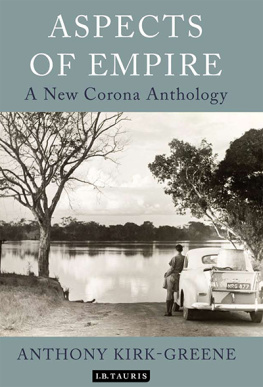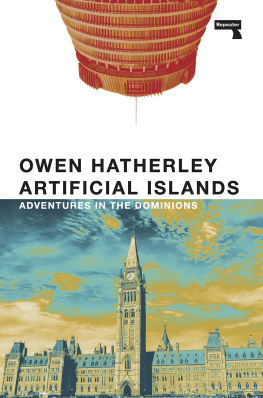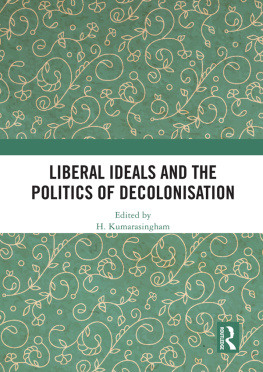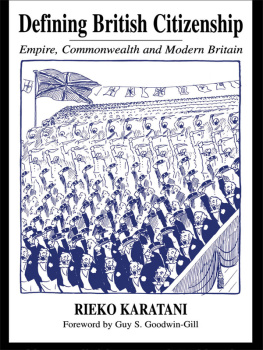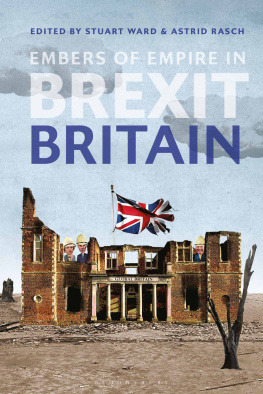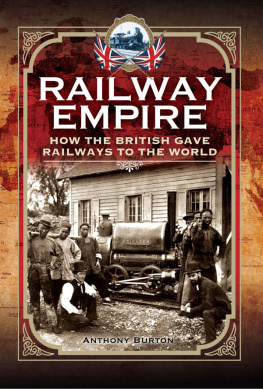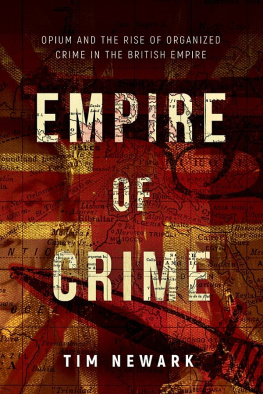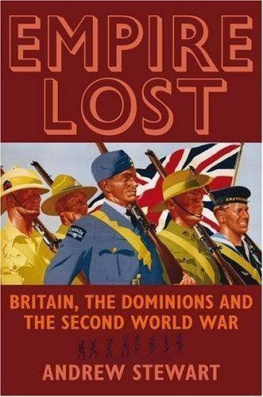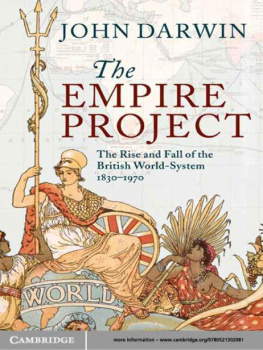
Great Britain, the Dominions and the Transformation of the British Empire, 19071931
The relations of Great Britain and its Dominions significantly influenced the development of the British Empire in the late 19th and the first third of the 20th century. The mutual attitude to the constitutional issues that Dominion and British leaders have continually discussed at Colonial and Imperial Conferences respectively was one of the main aspects forming the links between the mother country and the autonomous overseas territories. This volume therefore focuses on the key period when the importance of the Dominions not only increased within the Empire itself, but also in the sphere of the international relations, and the Dominions gained the opportunity to influence the forming of the Imperial foreign policy. During the first third of the 20th century, the British Empire gradually transformed into the British Commonwealth of Nations, in which the importance of Dominions excelled. The work is based on the study of unreleased sources from British archives, a large number of published documents and extensive relevant literature.
Jaroslav Valkoun is an assistant professor of general history at the Department of Historical Sciences, University of West Bohemia, Pilsen, and the Department of Global History, Charles University, Prague.
Routledge Studies in Modern British History
White-Collar Crime in Late Nineteenth and Early Twentieth-Century Britain
John Benson
Transport and Its Place in History
Making the Connections
Edited by David Turner
The Independent Labour Party 19141939
The Political and Cultural History of a Socialist Party
Keith Laybourn
Sport and the Home Front
Wartime Britain at Play, 193945
Matthew Taylor
Weather, Migration and the Scottish Diaspora
Leaving the Cold Country
Graeme Morton
Science, Utility and British Naval Technology, 17931815
Samuel Bentham and the Royal Dockyards
Roger Morriss
Credit and Power
The Paradox at the Heart of the British National Debt
Simon Sherratt
The Casino and Society in Britain
Seamus Murphy
Great Britain, the Dominions and the Transformation of the British Empire, 19071931
The Road to the Statute of Westminster
Jaroslav Valkoun
The Discourse of Repatriation in Britain, 18452016
A Political and Social History
Daniel Renshaw
The Devil and the Victorians
Supernatural Evil in Nineteenth-Century English Culture
Sarah Bartels
Lord Dufferin, Ireland and the British Empire, c. 18201900
Rule by the Best?
Annie Tindley
For more information about this series, please visit: https://www.routledge.com/history/series/RSMBH
First published 2021
by Routledge
52 Vanderbilt Avenue, New York, NY 10017
and by Routledge
2 Park Square, Milton Park, Abingdon, Oxon, OX14 4RN
Routledge is an imprint of the Taylor & Francis Group, an informa business
2021 Jaroslav Valkoun
The right of Jaroslav Valkoun to be identified as author of this work has been asserted in accordance with sections 77 and 78 of the Copyright, Designs and Patents Act 1988.
All rights reserved. No part of this book may be reprinted or reproduced or utilised in any form or by any electronic, mechanical, or other means, now known or hereafter invented, including photocopying and recording, or in any information storage or retrieval system, without permission in writing from the publishers.
Trademark notice: Product or corporate names may be trademarks or registered trademarks, and are used only for identification and explanation without intent to infringe.
Published in Czech as Na cest k Westminsterskmu statutu: Velk Britnie, dominia a promna Britskho impria v letech 19071931
by Univerzita Karlova v Praze, Filozofick fakulta, 2015
Library of Congress Cataloging-in-Publication Data
Names: Valkoun, Jaroslav, 1983- author.
Title: Great Britain, the Dominions and the transformation of the BritishEmpire, 1907-1931 : the road to the statute of Westminster / JaroslavValkoun.
Description: New York, NY : Routledge, 2021. | Series: Routledge studies inmodern British history | Includes bibliographical references and index.
Subjects: LCSH: Great Britain--Colonies--History--20th century. | Commonwealth countries--History--20th century. | Great Britain--History--Edward VII, 1901-1910. | Great Britain--History--George V, 1910-1936. | Great Britain--Foreign relations--1901-1936.
Classification: LCC DA16 .V35 2021 (print) | LCC DA16 (ebook) | DDC 909/.09712410821--dc23
LC record available at https://lccn.loc.gov/2020049724
LC ebook record available at https://lccn.loc.gov/2020049725
ISBN: 978-0-367-65447-4 (hbk)
ISBN: 978-1-003-12947-9 (ebk)
Typeset in Sabon
by SPi Global, India
| ADM | Admiralty Papers |
| AP | Amery Papers |
| APD | Commonwealth of Australia, Parliamentary Debates |
| BD | British Documents on the Origins of the War |
| BDEEP | British Documents on the End of Empire |
| BL | The British Library |
| BLO | Bodleian Library |
| BP | Balfour Papers |
| BT | Board of Trade Papers |
| CAB | Cabinet Office Papers |
| CAC | Churchill Archives Centre |
| CCP | Cecil of Chelwood Papers |
| CO | Colonial Office Papers |
| CP | Curtis Papers |
| CPD | Canada, Parliamentary Debates |
| CUL | Cambridge University Library |
| DBFP | Documents on British Foreign Policy |
| DCER | Documents on Canadian External Relations |
| D | Dil ireann |
| DIFP | Documents on Irish Foreign Policy |
| DO | Dominion Office Papers |
| FO | Foreign Office Papers |
| FRUS | Papers Relating to the Foreign Relations of the United States |
| HMSO | His Majestys Stationery Office |
| HoC | House of Commons |
| HoL | House of Lords |
| HoR | House of Representatives |
| HP | Hankey Papers |
| IPD | Ireland, Parliamentary Debates |
| LCO | Lord Chancellors Office |
| PD | United Kingdom, Parliamentary Debates |
| PREM | Prime Ministers Office Papers |
| PRO | Public Record Office Papers |
| SP | Smuts Papers |
| TNA | The National Archives |
The passing of the Statute of Westminster in 1931 is an important milestone in the history of the British Empire. Just as the First World War marks the end of the long 19th century, so 1931 represents a watershed moment for the British Empire. It signifies the end of one era of relations between the mother country and its Dominions, i.e. the de facto white settlements, with a complex Imperial structure beginning the gradual transformation into the Commonwealth, or officially the Commonwealth of Nations. Despite the fact that the statute represented an almost revolutionary transformation in the status of the Dominions, everything ran smoothly without major complications. Many contemporaries held the opinion that the British Commonwealth represented a kind of living organism with a more natural internal ability to adjust to new external and internal factors than other empires bound by rigid rules had.1 The Secretary of State for the Colonies and Dominions of many years, Leopold Stennett Amery, had a similar perspective on the essence of Britains Commonwealth of Nations:



